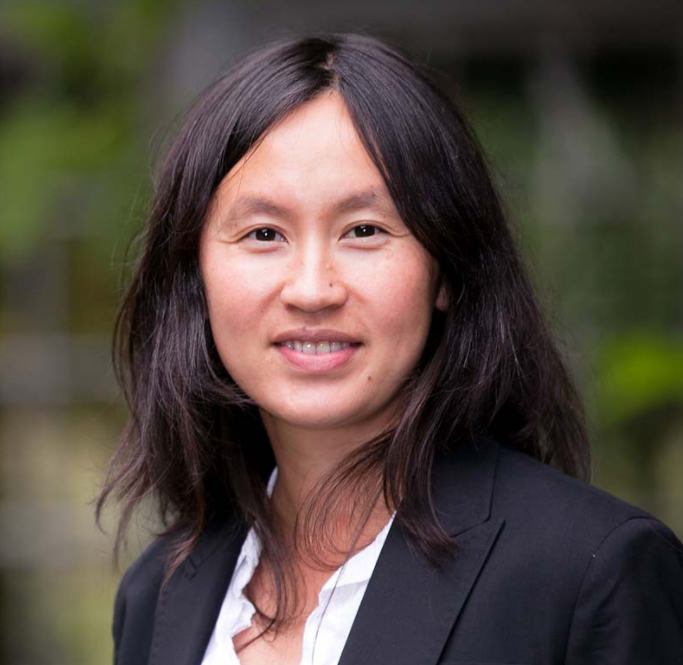
The Woodrow Laboratory is focused on the applications of engineered biomaterials in mucosal infections and mucosal immunity. Our long-term goals are to design and build multifunctional materials that will: (1) lead to novel preventative strategies against mucosal infections, (2) program protective immune responses at mucosal sites of pathogen entry, and (3) facilitate studies of mucosal infections and mucosal immunity in health and disease. These scientific goals are addressed from the perspective of fundamental science, technology development, and translational research. Read More
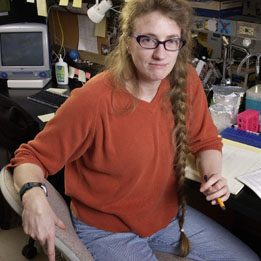
We use high resolution live imaging and total internal reflection microscopy to study molecular motors and their role in mitotic spindle assembly and chromosome movement. At the single molecule level we evaluate motor control of dynamic microtubule assembly and disassembly. Of special interest are the forces driving oscillatory chromosome movement, mitotic spindle assembly and mitotic spindle orientation in live cells. Finally, we are interested in the advection of motors in live cells. In other words, how the kinetic parameters of single microtubule motors influences their translocation, distribution and function in cells and we are interested in modeling this activity in silico. Read More
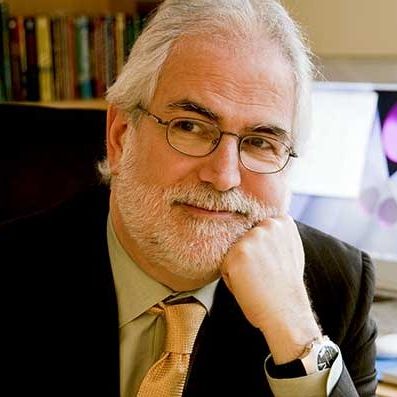
Professor Yager's research interests lie in the areas of: microfluidic devices for chemical and biochemical measurement., development of point-of-care diagnostic instruments, microfabrication technologies for microfluidics, and development of microfluidic-specific methods of analysis of biological samples. Read More
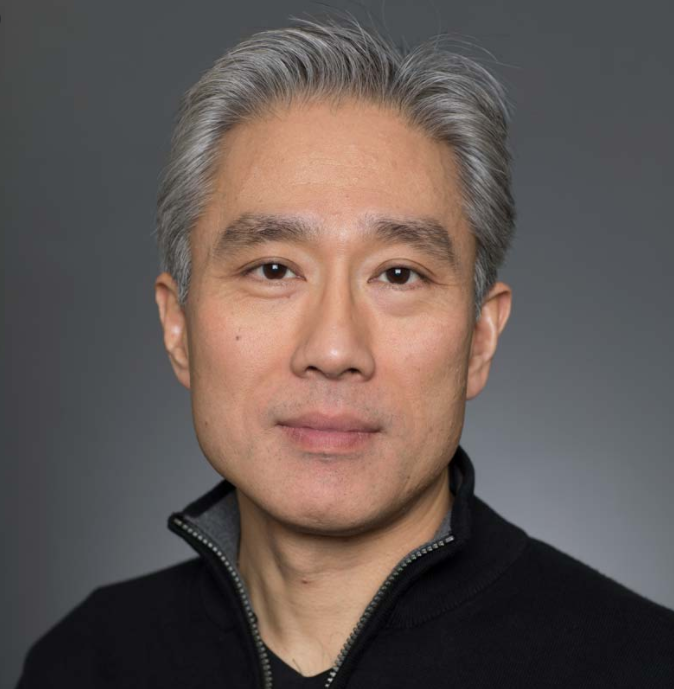
Our research is focused on developing new methods for probing complex biological processes at the single-cell and single-molecule level, and on applying these new techniques for addressing pressing biological problems. Read More
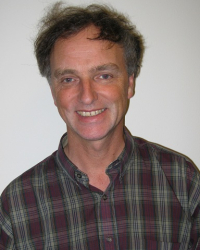
Jens is an experimental physicist at the University of Washington. I have two main research interests that are pretty close to the opposite ends of the research spectrum in physics: fundamental physics and biophysics. Read More
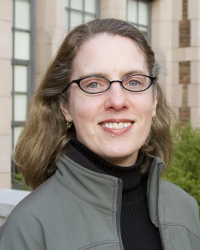
Our lab investigates a wide range of questions concerning self-assembly, complex fluids, and soft matter systems, with a focus on lipid membrane biophysics and origins of life. A recurring research theme in the group is how simple lipid mixtures within bilayer membranes give rise to complex phase behavior. Read More

The goal of our research is to understand how cells control the architecture of their intracellular organelle systems through the regulated self-assembly of lipid membranes and membrane-associated proteins. We employ both highly focused hypothesis tests and systems-level approaches that harness genetic, biochemical, and biophysical analytical techniques. Read More
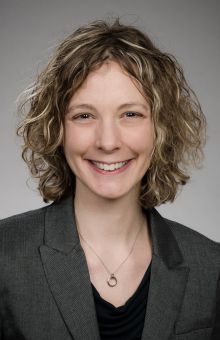
Our goal is to hijack and rewire aspects of nature's developmental programs to control the processes by which cells assemble to form human tissues. We are also working to develop technologies to remotely control these tissues after implantation in a patient. To do this, we use diverse tools from stem cell biology, tissue engineering, synthetic biology, microfabrication, and bioprinting. We seek to translate our work into new regenerative therapies for patients with heart and liver disease. Read More
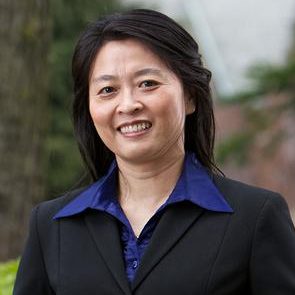
Protein, cell, and biomaterial interactions; biocompatibility assessment; protein and cell micropatterning for biosensing and BioMEMS applications; biomaterials for tissue engineering and regenerative medicine; controlled drug delivery; nanotechnology for cancer diagnosis and therapy. Read More
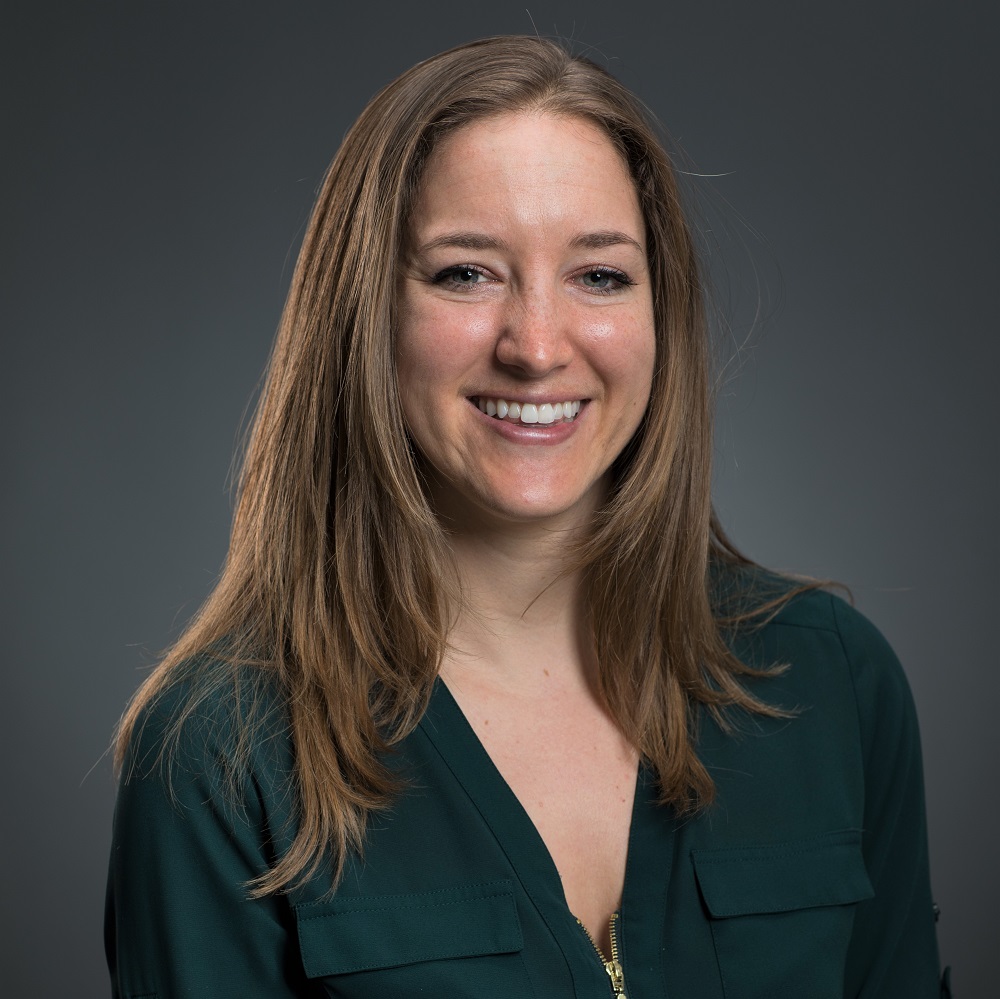
The Nance lab is focused on using nanotechnology based platforms (polymer, dendrimer, quantum dot) to understand transport limitations at the macro and micro scale in the central nervous system. We are particularly interested in using nanotechnology to characterize how common disease hallmarks, such as inflammation, impaired fluid flow, and excitoxicity, play a role in the ability to diagnose and treat neurodevelopmental diseases like autism, neonatal stroke, traumatic brain injury, and epilepsy. Read More